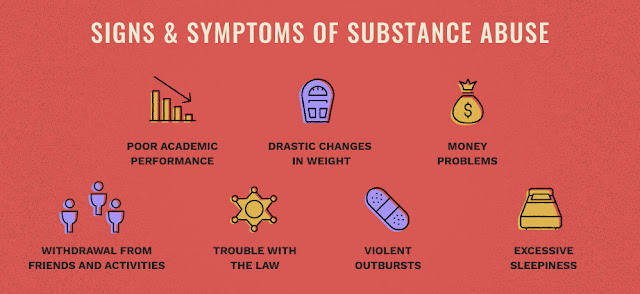5 Things to Know About Newborn
1.Newborn babies also sleep a lot!
Most infants can sleep for six to eight hours by 3 months of age." In the meantime, try to get baby on a day and night schedule: during the day, don't let him snooze more than three hours without waking him to feed; at night let him sleep as long as he wants once he's regained the weight he lost at birth.Those first three months are a free-for-all. Baby needs to eat every two to three hours, so you're not getting much sleep either. "It does get better," assures Dr. Altmann. "Most infants can sleep for six to eight hours by 3 months of age.
2.Babies cry a lot
Laurie May, of Board man, Ohio, and her husband quickly learned to read their daughter's hunger signal. When they were brand-new parents, they set an alarm to go off every two hours to wake Carter for a feeding.Their piercing wails will let you know they're hungry, cold, have a dirty diaper, or want to be held. These early "conversations" can be frustrating, but rest assured, you'll get a better handle on what she needs in time Jana. He'll love telling guests, "Don't touch the baby without washing your hands."
3.Dry skin is the norm
Little pink bumps, diaper rashes, and even baby acne may also make an appearance. "Acne tends to last for a few months," Dr. Jana says. "So get those cute newborn pics before one month!"nitially, he may be soft and silky, but that changes. "If you soaked yourself in liquid for nine months and then hit the air, you'd be dry too!" says Laura Jana, MD, pediatrician and coauthor of Heading Home With Your Newborn. You don't have to do anything about dry skin (it typically peels and flakes off), but if you're so inclined, reach for a hypoallergenic baby lotion that is fragrance-free. Little pink bumps, diaper rashes, and even baby acne may also make an appearance.There's no doubt that babies poop -- a lot! If you're still getting the hang of diapering, learn how to change one at 6 weeks.
4.Get Baby to Sleep!
It's possible to put an end to those 2 a.m. wake-up calls. "After 4 months, a baby's natural preference is to sleep," says clinical social worker Jennifer Waldburger, coauthor of The Sleep Easy Solution.That newborn of yours took a while to figure out the difference between night and day -- and you expected this. But you didn't anticipate that his whole first year could leave you feeling like you got a job working the graveyard shift. If sleep deprivation has you weeping into your coffee mug, take heart: It's possible to put an end to those 2 a.m. wake-up calls
5.Popular in Sleep Issues
A whooshing white noise becomes a sleep association," says Dr. Kennedy. "If you turn it on as part of your baby's bedtime routine,Slumber -buster: Slight noises -- even you clicking off a lamp -- wake your baby.
Sleep - through solution:!!! Use a white-noise machine or a fan to create a gentle hum that masks other sounds. Hopefully, she'll entertain herself until she decides to go back to sleep," says Wald-burger. But if she's crying, your baby may be experiencing separation anxiety, which usually comes with new motor development 90 percent of 6-month-olds can sleep through the night without snacking, says clinical social worker Kim West, author of 52 Sleep Secrets for Babies. Once you get the green light from your pediatrician to cease night feedings, you can slowly reduce them. If she's getting multiple bottles, eliminate one at a time over a four-day period. You can also try decreasing the amount of formla in each bottle . Try warning an older sob in advance: "Jonah may cry at night, but he's just trying to learn to sleep all night." When the baby wakes up and so does your older child, soothe your big kid first. He's more likely to fall back asleep without a ton of added help, and you'll give the baby a chance to settle himself before soothing him

















wow
ReplyDelete